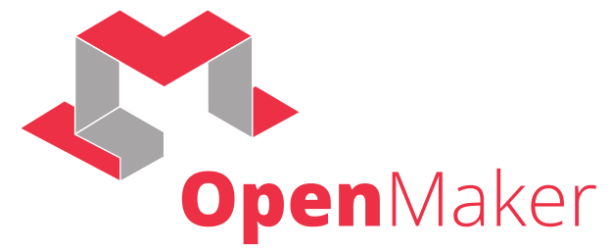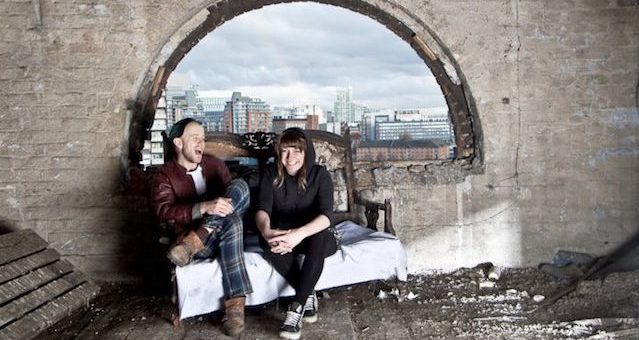
The Project
Microhome is an affordable live & workspace available in a range of custom-built design prototypes. Microhome responds to a housing crisis in the UK where homelessness has doubled in 4 years and creative producers, essential to sustainable urban economies, are being forced out. Microhome is delivered to site fully assembled and is ‘plugged in’ to services on temporary, permanent, small, and infill sites. It can be used on sites too small for commercial value, difficult locations and assets awaiting long-term value. It has a unit cost of £25-35,000 allowing for rents of £40 to £100 per week. Microhome will be built & tested with a live residential community and exhibited at the National Housing Federation showcase on land donated by Salford Council for 5 years.
The Partners
Maker: Salford Makers
Responding to a growing interest and developing market in maker spaces and maker-manufacturer collaborations, Salford Makers consists of makers, educators, artists & designers based at Islington Mill in Salford, driving the development of existing print & education specialists One69a.
Manufacturer: Salix Homes Developments Limited
Launched in 2007 as an arm’s length management organisation (ALMO) operating on behalf of Salford City Council, in March 2015 Salix Homes became a stand-alone Registered Provider (RP) responsible for providing the people of Salford with high-quality homes. Today a multi-award winning social housing provider, they are investing £75million into homes and communities, ensuring every property meets the Government’s Decent Homes standard by 2020. Salix also provide jobs, apprenticeships and training opportunities for local people and work with partners to help tenants improve their own lives. Salix Living is a subsidiary of Salix Homes acting as the private sector leasing and property management arm of Salix Homes.
Partner: Islington Mill Arts Club
Created in 2000, Islington Mill remains a work in progress and an ever-evolving creative space, arts hub and community centre. A vibrant and resourceful cross-disciplinary creative network; a space where conversations leads to connections, collaboration and co-creation; renowned for its innovation nationally and internationally. More than 50 businesses and 100 artists call Islington Mill home. Over the last 15 years they have supported more than 5000 artists from 35 countries and more than 15,000 people visit the building every year. Attracting and retaining creative entrepreneurs makes them a vital ingredient in the urban regeneration mix.
#MeetTheChampion
Interview with Sally Gilford
Sally is the director of Salford Makers and she has managed & delivered a substantial number of projects, working with internationally recognised organisations. On top of this, Sally is a creative practitioner and curates, produces and develops creative and social enterprise programmes and exhibitions.
What did inspire 'Microme'?
Homelessness has doubled over the last 4 years in the UK & creative entrepreneurs are being squeezed out of urban environments. Particularly acute in Manchester with average prices over £250,000, rental properties are also in short supply with 4 applicants for every home. Salford, which abuts Manchester City Centre, has made a political commitment to make land available to retain a creative/digital/innovation community & reduce homelessness.
Salix Homes are piloting a functional response to these problems. Salford Makers will provide a creative input into a living space, engaging people imaginatively and beyond a standard prefab unit. They want to create spaces, which in addition to being functional also foster a sense of wellbeing and improve quality of life. The importance of engaging in the arts and creativity has been proven to have a profound effect on health & wellbeing.
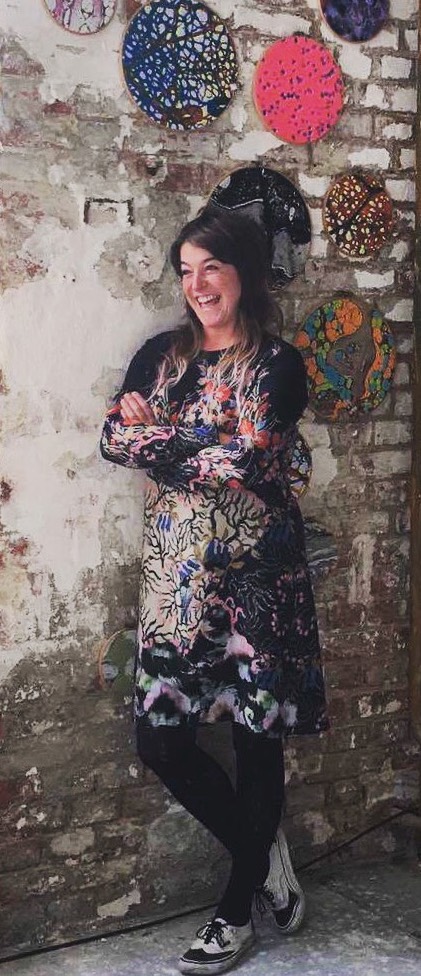
What does the MicroHome team hope to achieve?
Microhome's will exist as a show village for 5 years, thanks to the contribution of land by Salford City Council and the contribution of units (and all manufacturing and project management) by Salix. Salix bring experience of all stages of the building process whilst Salford Makers have access to a diverse group of experienced designer-makers with organisational skills to deliver collaborative projects on time, in budget and to a high quality commercial standard. Overall, we hope to contribute to the new paradigm of housing and property development, and land use, in which space is developed for its useful purpose rather than its potential profit; and 'homes' can be moved as spaces and places become more welcoming and foster a sense of wellbeing within communities.
In your experience, what are the main strengths and challenges of a partnership
between makers and manufacturers?
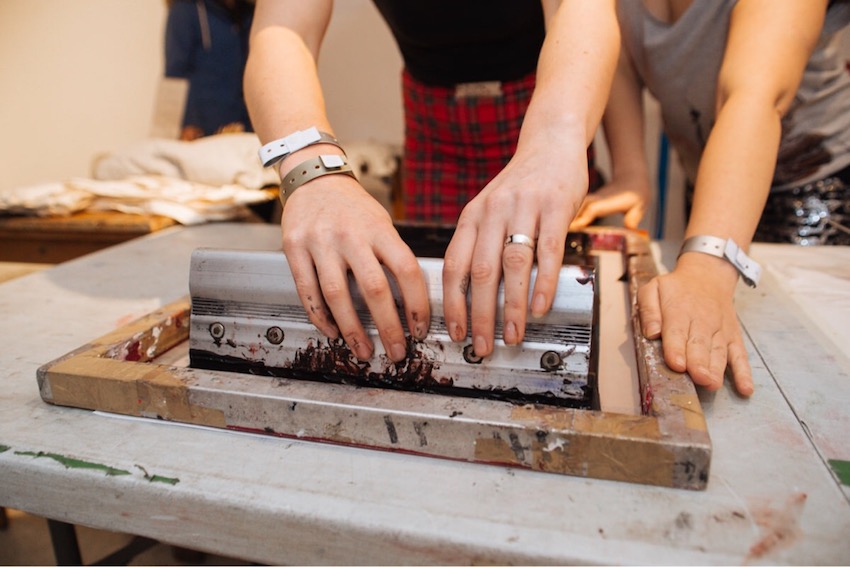
The main challenge is the seemingly large disparity between makers and manufacturers. To go from small to large scale has always felt impossible. I hope to address this challenge with OpenMaker by corrupting and/or shrinking the manufacturing process and forming dynamic partnerships with fellow artists and makers.
How does the OpenMaker experience fit into your longer-term plans?
I hope for this experience to fit into longer term plans of the development of Salford Makers, whose aim is to provide opportunities to artists, makers, educators and local communities to develop their work, business and networks. Through provision of flexible workspaces, studios and open access equipment, a range of personal artistic development, collaborative practices and public engagement activities will be supported and enhanced, to establish a hub of creativity and social enterprise at the heart of Islington Mill’s developing footprint in Salford, UK.
On top of this, we hope to 1) learn more about the manufacturing process – taking products from the prototype stage to delivery on a national level; 2) learn about the implementation of introducing live/work spaces into an urban environment; 3) gain in depth experience of working with other makers to produce products for a high specification brief and connecting to the immediate and wider community through process led artist collaboration; 4) Develop products and spaces that address the impact of conscious design and exploring how our environment affects wellbeing.
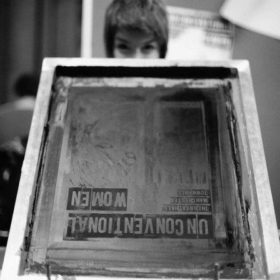
Dream big! What would be the greatest achievement for your project?
Microhome to have a proven positive impact on live/work spaces in the urban environment and to be taken beyond the prototype stage and to roll out the project nationally, even internationally!
